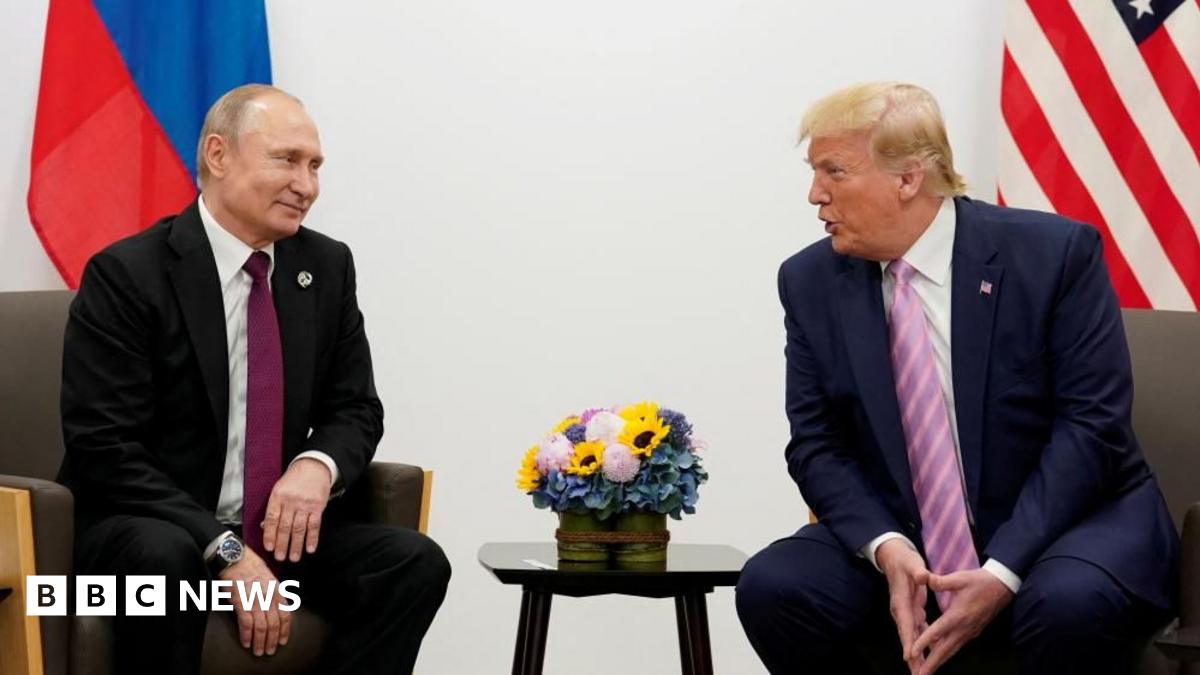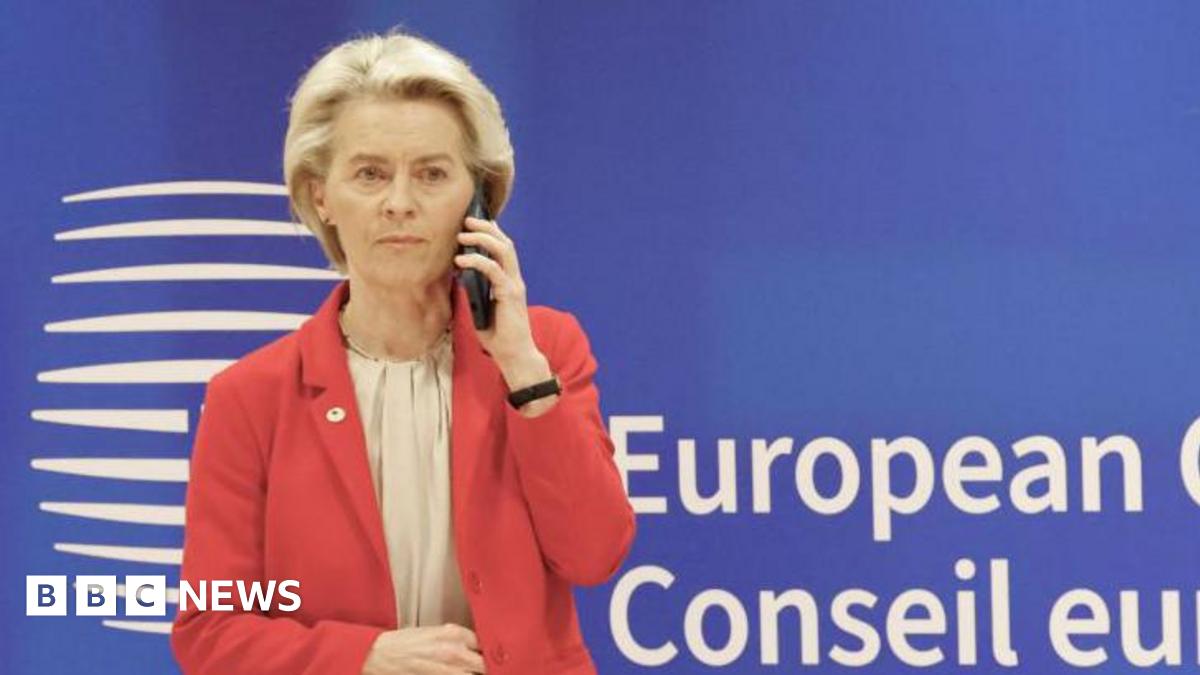Trump's Middle East Tour: A Disappointment for Palestinians as US Considers Gaza Control

President Donald Trump concluded a significant Middle East tour, securing landmark deals with Saudi Arabia and Qatar, and engaging in discussions with Syria and Iran. However, the trip left Palestinians feeling overlooked and marginalized, receiving no tangible benefits or advancements in their long-standing aspirations. The situation has been further complicated by Trump's repeated suggestion that the United States should assume control of Gaza, a proposal that has sparked considerable debate and concern.
During his visit, Trump prioritized strengthening alliances and fostering regional stability, focusing on economic partnerships and security collaborations. The agreements with Saudi Arabia and Qatar, in particular, were hailed as major breakthroughs, promising substantial investments and bolstering counter-terrorism efforts. His outreach to Syria and Iran, despite ongoing tensions, signaled a willingness to explore diplomatic avenues for resolving regional conflicts. These efforts, while significant in their own right, appeared to overshadow the concerns and needs of the Palestinian people.
Palestinian leaders expressed deep disappointment with the lack of progress on key issues such as the two-state solution, the expansion of Israeli settlements, and the humanitarian crisis in Gaza. They argue that Trump's unwavering support for Israel and his reluctance to condemn Israeli actions have undermined the prospects for a lasting peace. The absence of any meaningful engagement with Palestinian representatives during the tour further fueled their sense of abandonment.
The most controversial aspect of Trump's trip was his recurring suggestion that the United States should take over the administration of Gaza. This proposal, which he has floated on multiple occasions, has been met with widespread criticism from both Palestinian and international observers. Critics argue that such a move would be a violation of international law, would further entrench the Israeli occupation, and would likely exacerbate the already dire humanitarian situation in Gaza. Furthermore, the logistical and political challenges of the U.S. assuming control of Gaza are immense, and the potential for unintended consequences is significant.
The international community has reacted with mixed responses to Trump's Middle East tour and his proposals regarding Gaza. While some have praised his efforts to promote regional stability, others have expressed concern over the lack of attention given to the Palestinian issue. The European Union, for instance, has reiterated its commitment to the two-state solution and has called for a renewed effort to engage with all parties involved in the Israeli-Palestinian conflict. The United Nations has also urged caution regarding any unilateral actions that could undermine the peace process.
Looking ahead, the future of the Israeli-Palestinian conflict remains uncertain. Trump's policies have significantly altered the dynamics of the region, and the absence of a clear path towards a two-state solution raises serious concerns about the long-term prospects for peace. The question of Gaza’s governance, and the potential for U.S. involvement, will undoubtedly remain a central issue in the coming months and years. The international community must prioritize a comprehensive and equitable solution that addresses the legitimate concerns of both Israelis and Palestinians, and that upholds international law and human rights.






